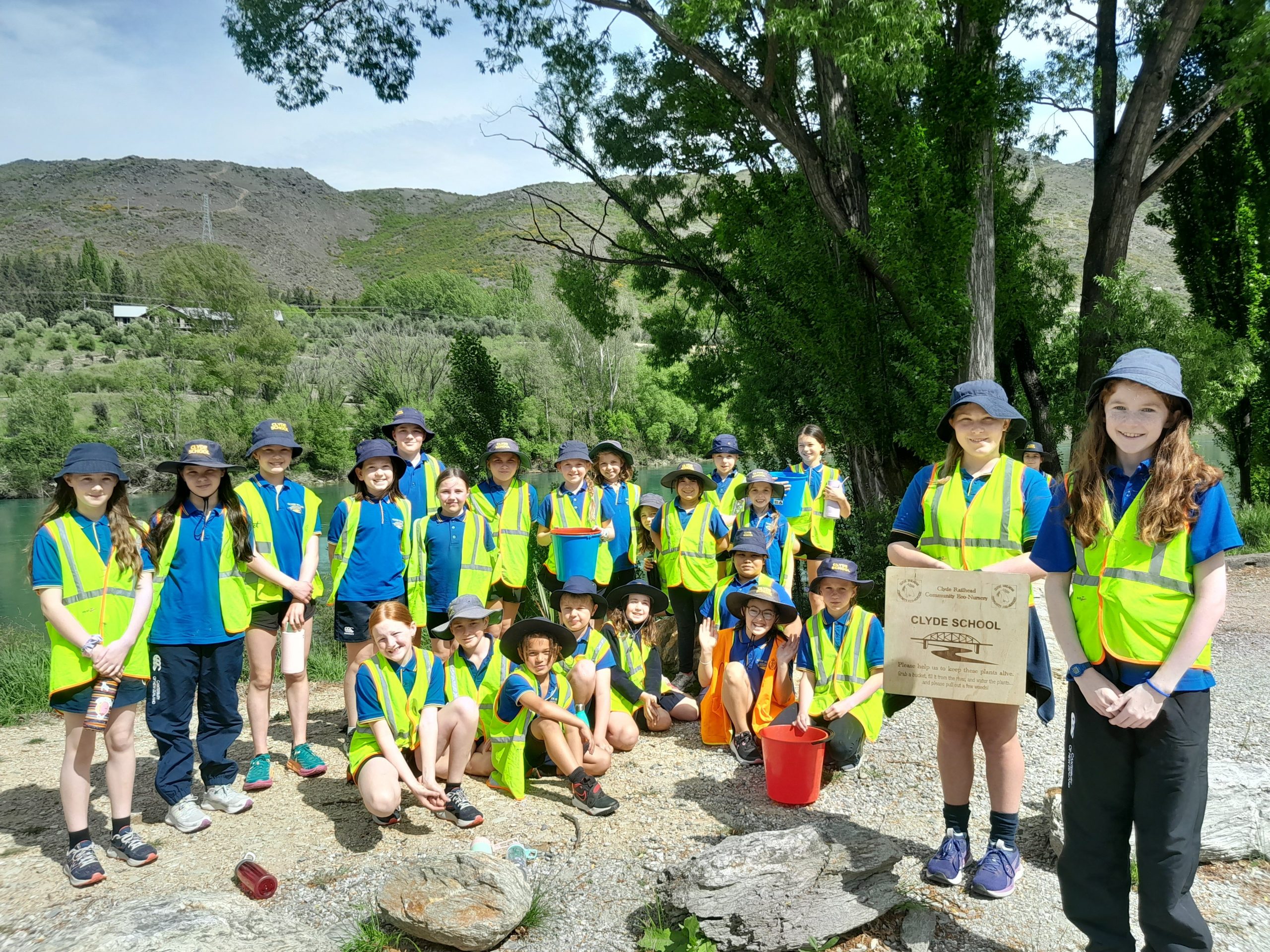It was a time for reflection and commemoration at Clyde School last week, as it was recognised as a Enviroschools silver school.
Pupils involved in Enviroschools gathered with teachers, facilitators and members of the community to celebrate their work towards a sustainable school.
Clyde School principal Stephanie Kitto said the silver status acknowledged the Enviroschool journey the school has been on.
‘‘[It recognises] all the mahi the kids have been putting into sustainability in our school and area,’’ she said.
‘‘Becoming a silver Enviroschool . . .it gives the work we’ve been doing some sort of mana.’’
Pupils made presentations about Enviroschools projects they thought had made the biggest impact in their school.
It was an opportunity to show pride for the school and pride for the local area and powerful local connections, she said.
It also empowered the pupils, who took a ‘‘sense of ownership of the initiatives that they have put into the school’’, Ms Kitto said.
In the future, she hoped the school would continue to build on community relationships.
Pupil Siena Banks, 13, has been involved with Enviroschools for most of her time at Clyde School. She said it was ‘‘really exciting’’ to see their work in Enviroschools make an impact in the school.
‘‘Throughout the years we’ve got [to] do more and more stuff and had more people join.’’
Siena said it was a great way to connect with the community and learn about the land around her. Classmate Abigail Conradie, 13, joined this year when she started at Clyde School.
‘‘I’ve really connected and made a lot of friends through Enviroschools.’’
She thought the work they did was important for future generations.
‘‘You can learn to care for the environment . . .so where you’re older and grown-up and raising your own children . . .you can just make everything a bit better,’’ she said.
Enviroschools Otago regional co-ordinator Robyn Zink said silver status was awarded to schools that had developed their sustainability focus.
‘‘[It is] recognising how their sustainability practices are deepening and more integrated across the school,’’ she said.
It was also a chance to celebrate the progress which may have been taken for granted.
‘‘With this school — it’s just what they do and so you stop noticing it.’’
Pupils had a better understanding of why they were making these changes, she said.
‘‘They’re just really proud of what they’re doing [and] it’s a really nice opportunity for them to see that the community acknowledges and recognises their efforts.





